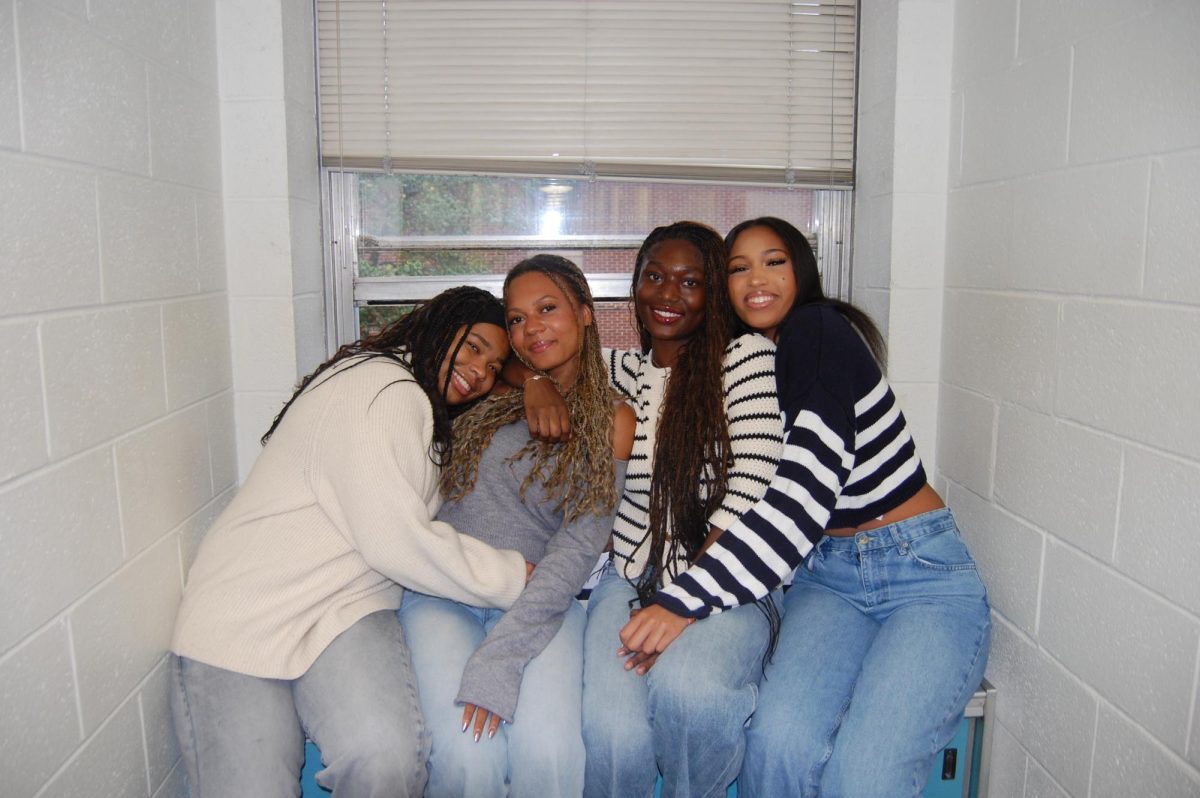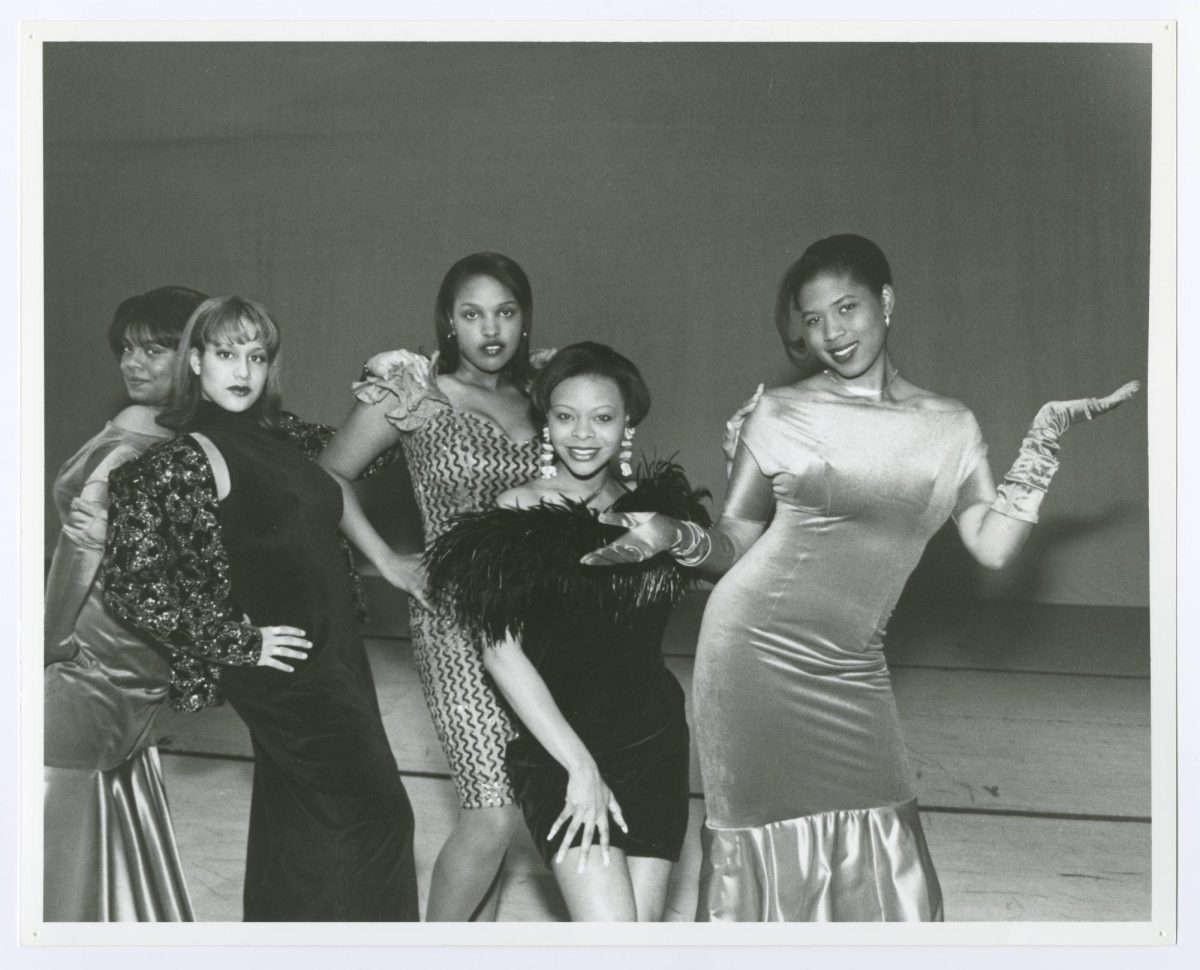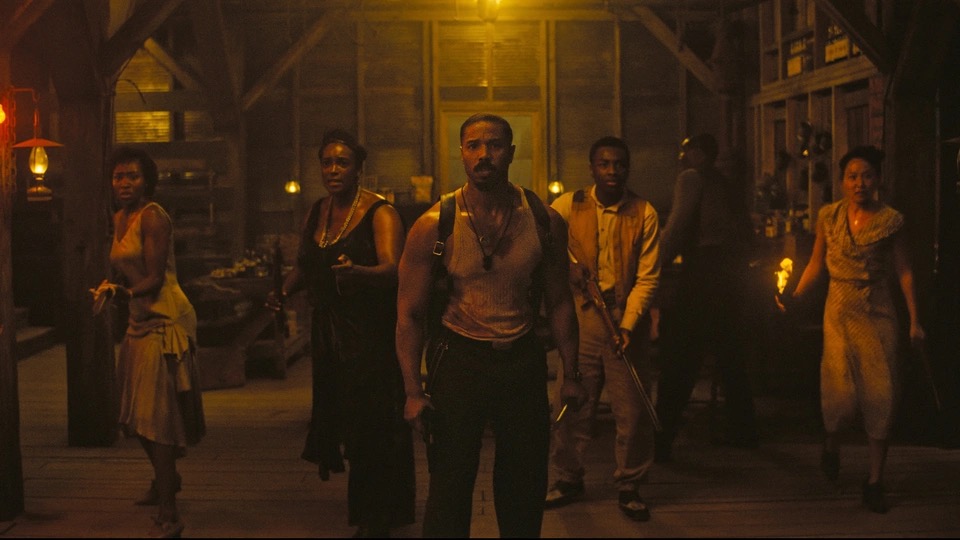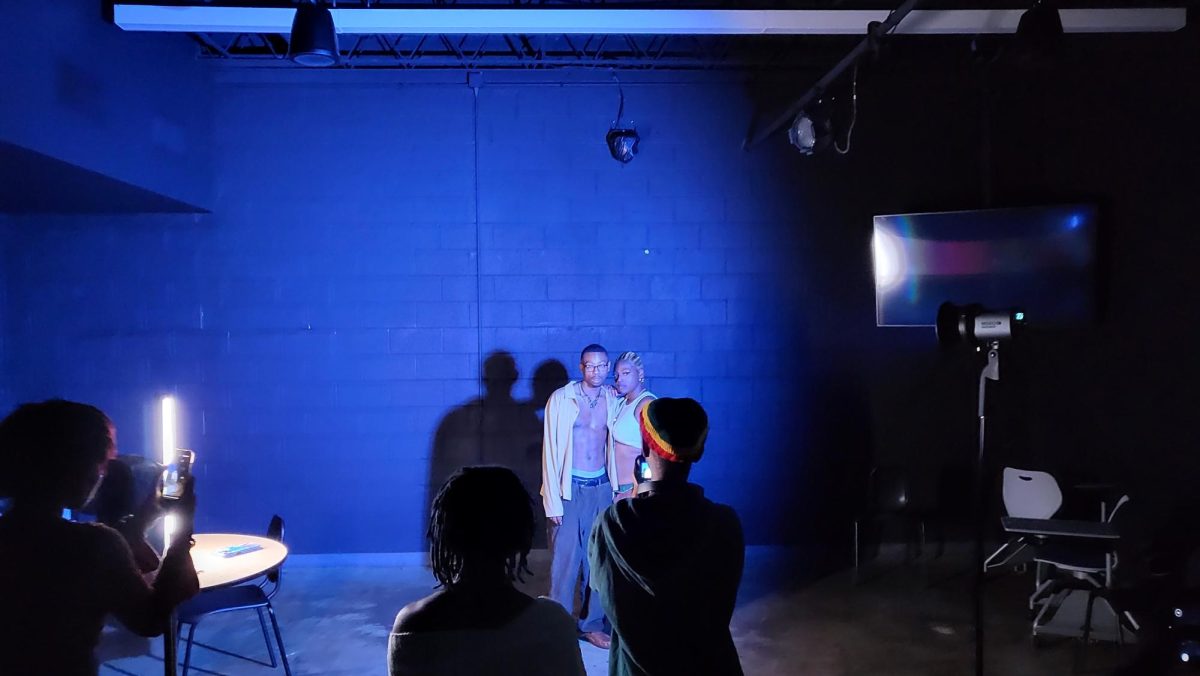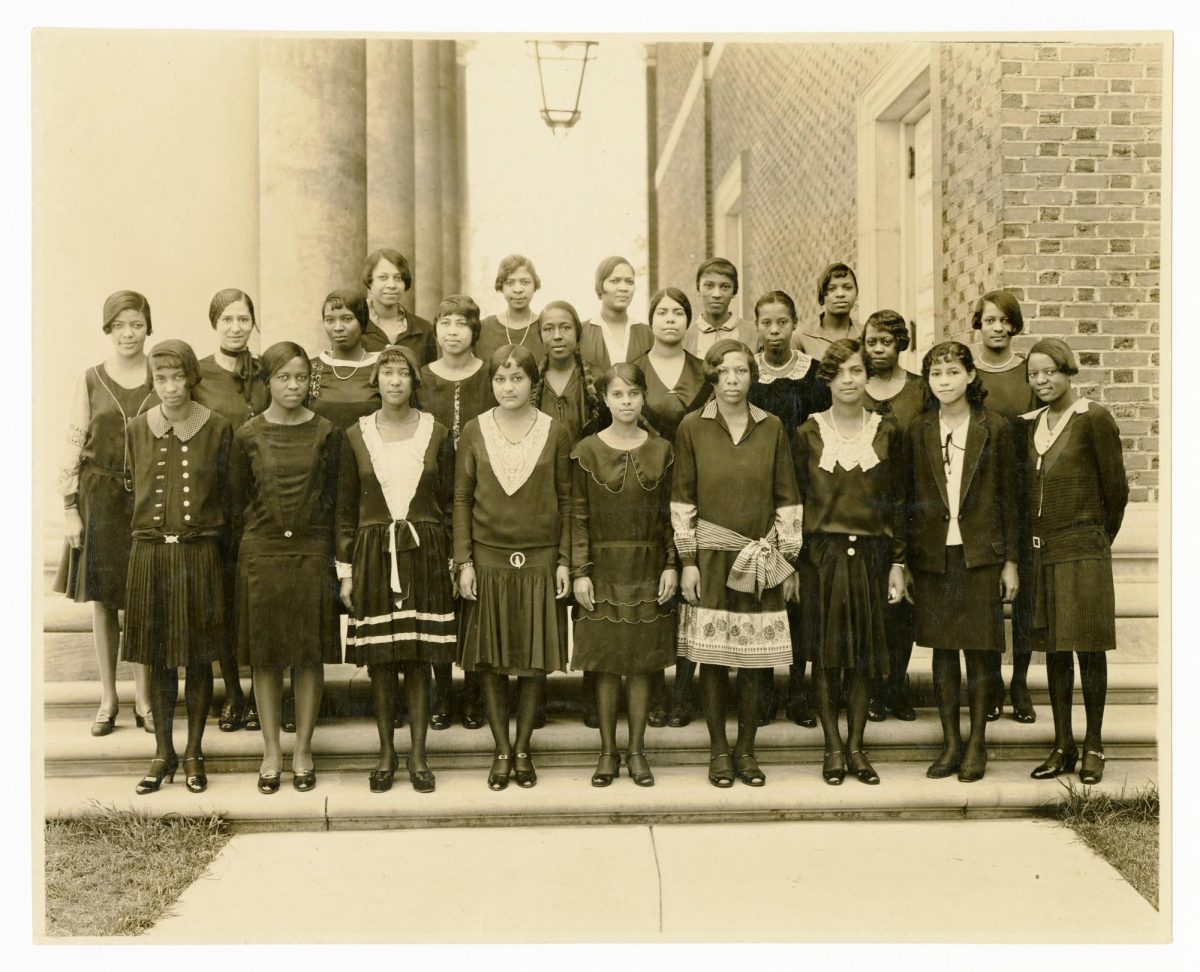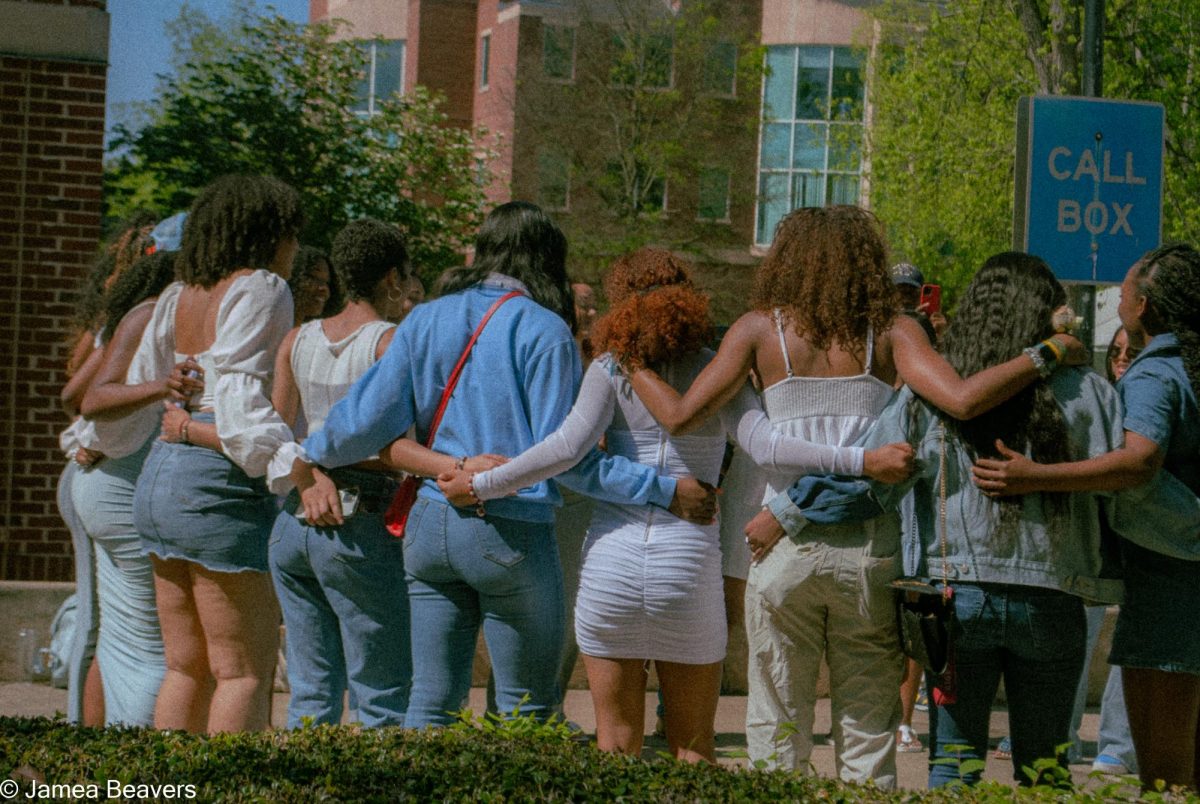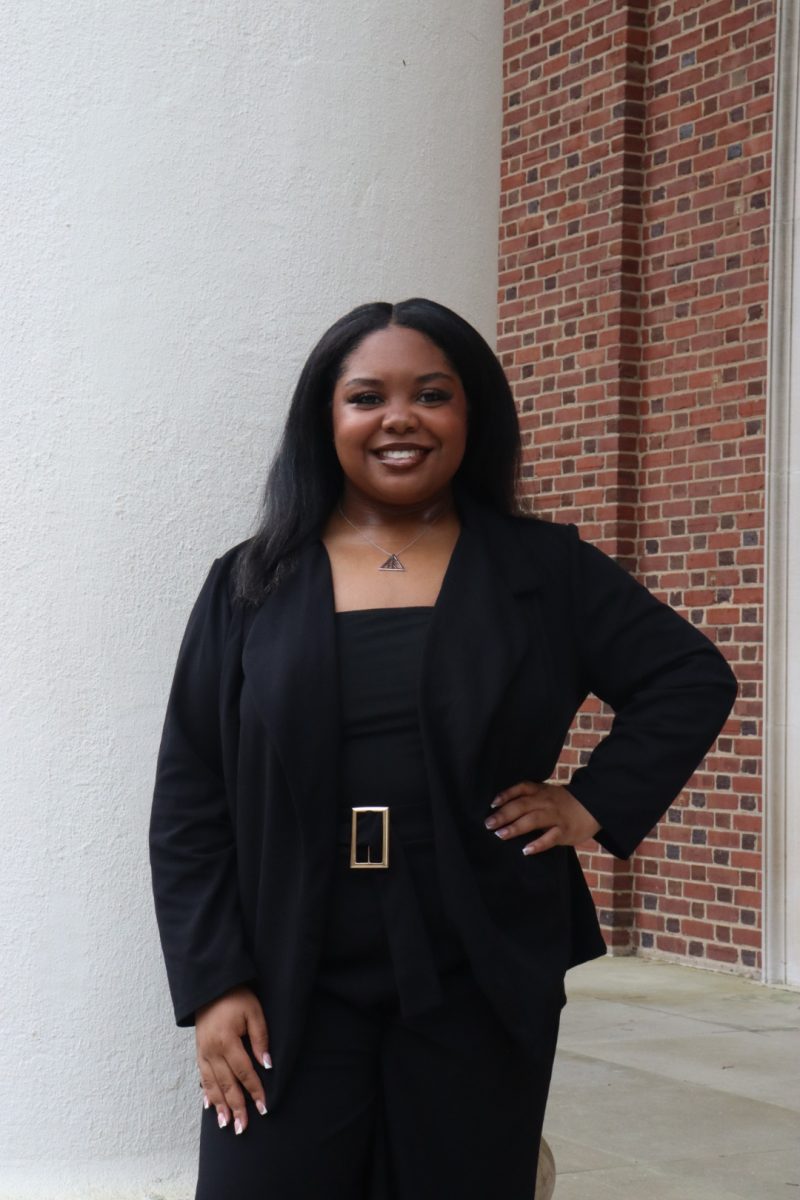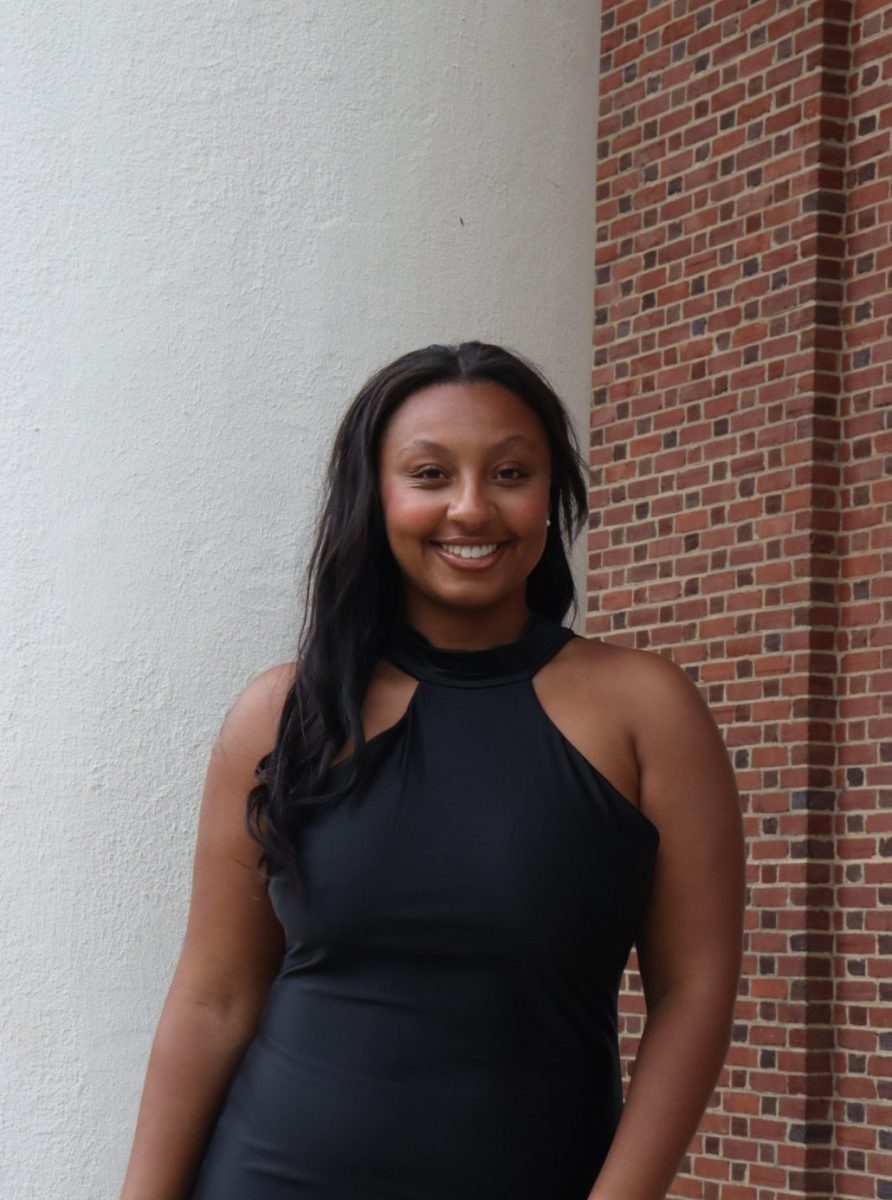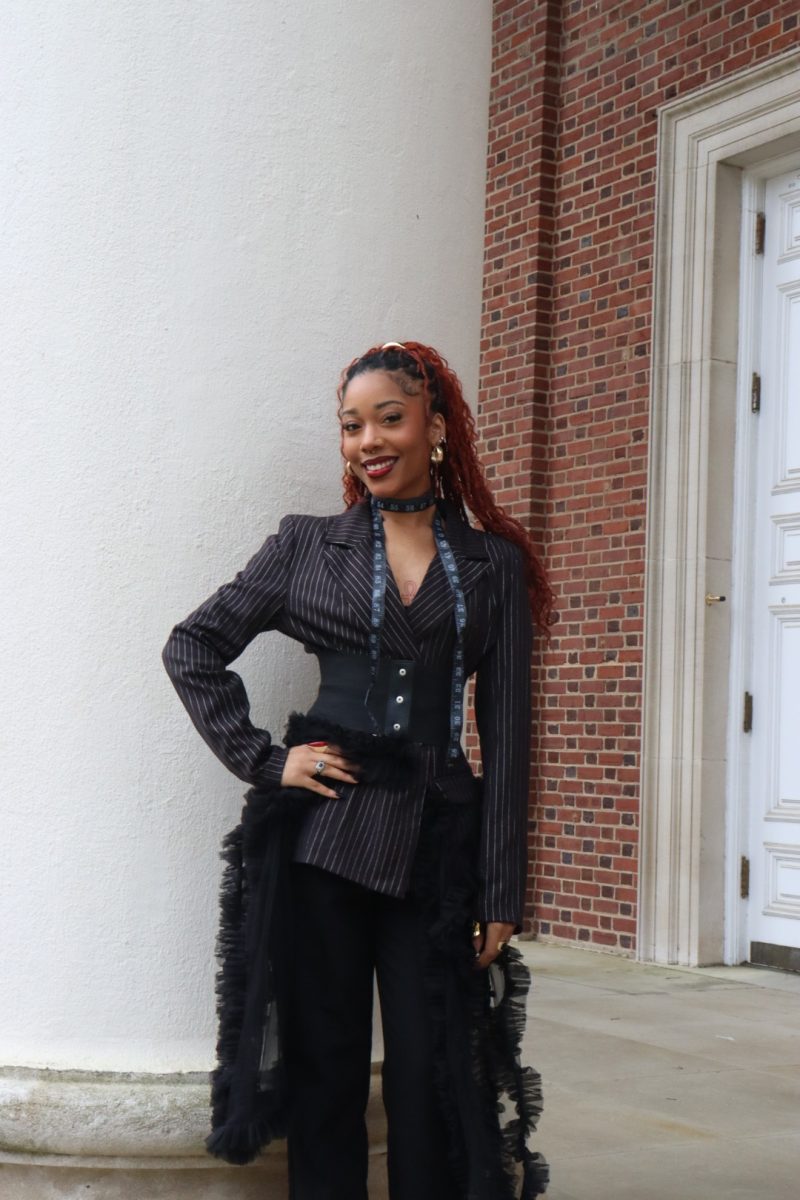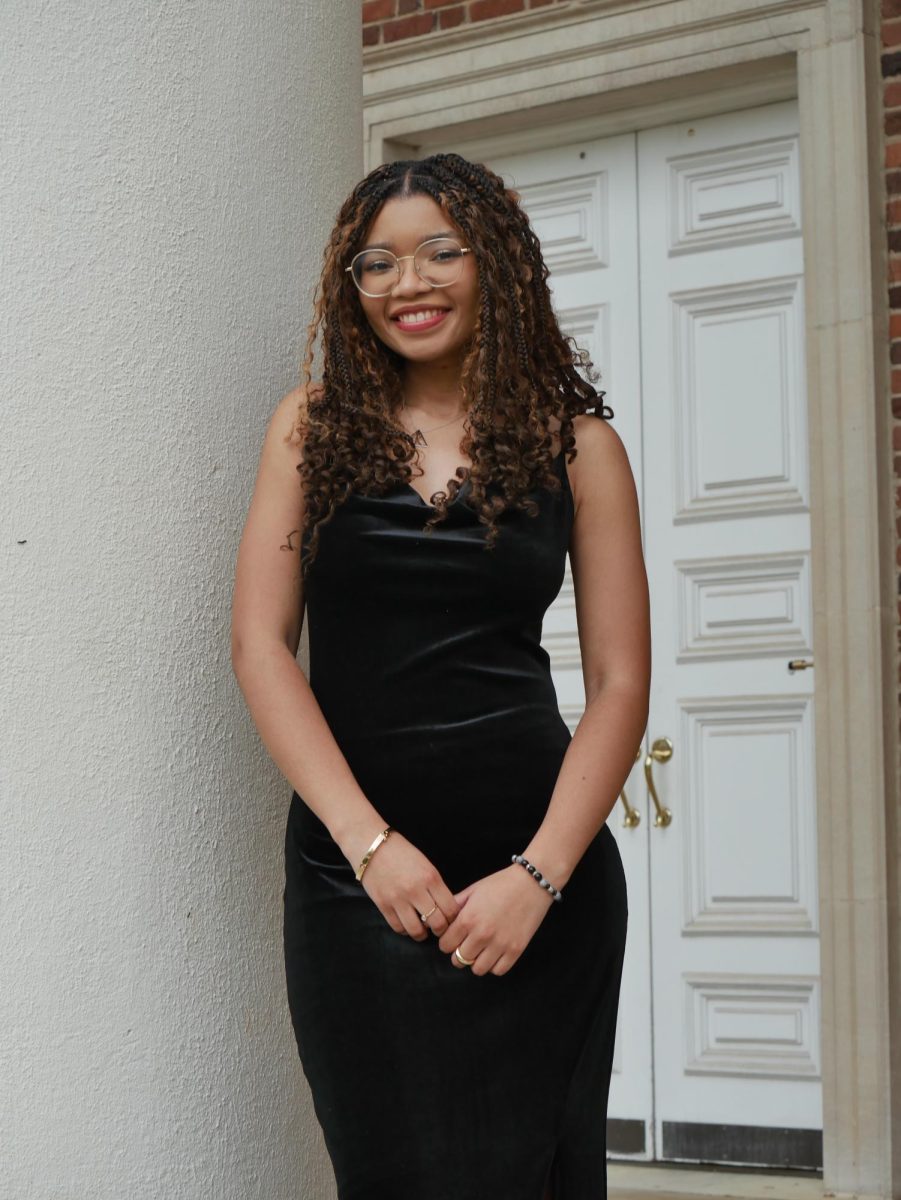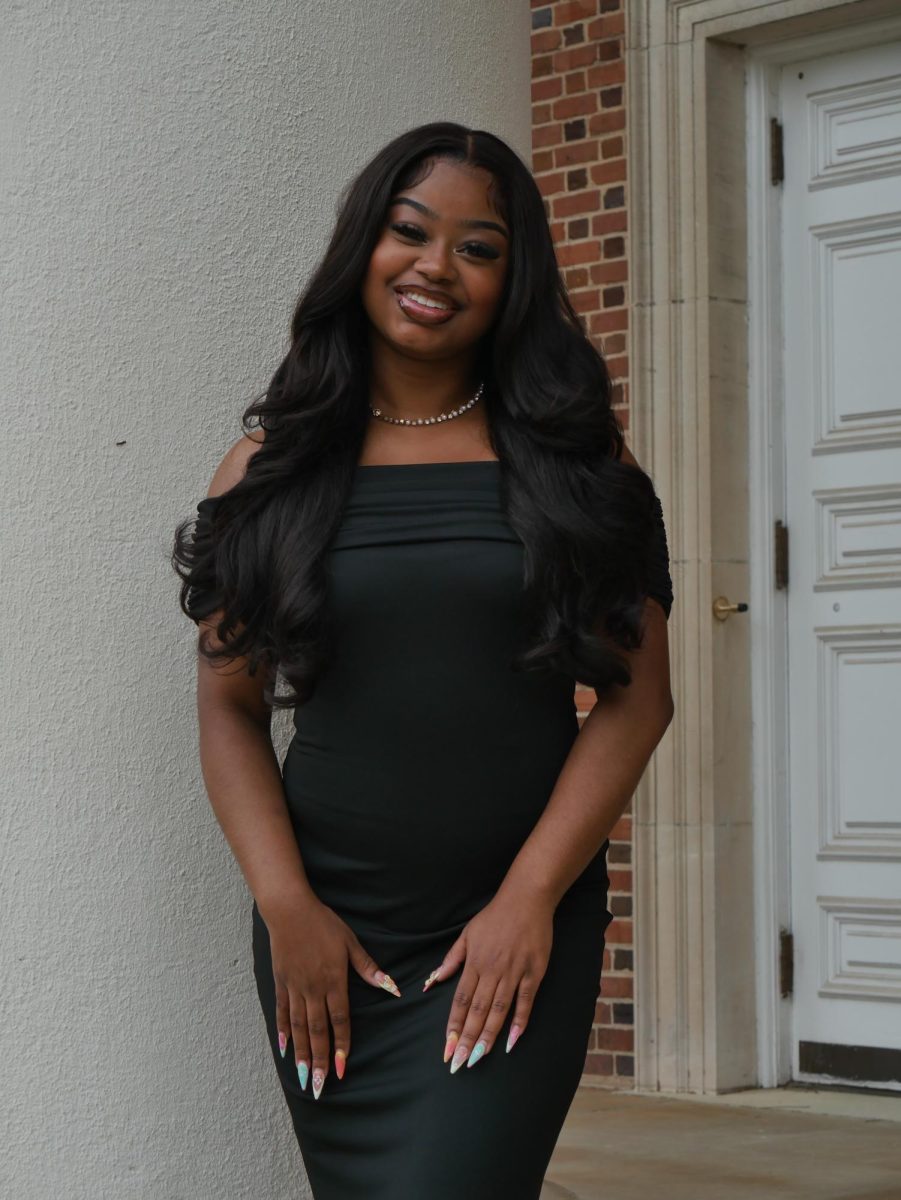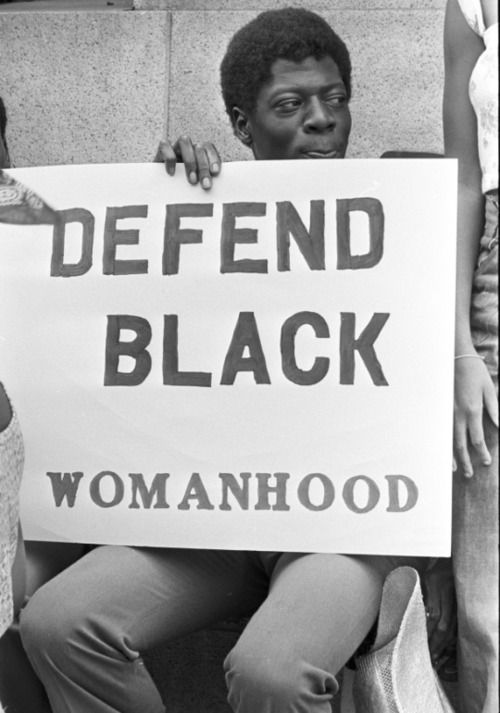As Black women, we are expected to endure struggle and silently deal with the repercussions of it. Bottling everything in, until we are at the precipice of combustion. As Black women, we do not have to choose hardship. Yearning for a life of ease and grace is not wrong. We are not tasked with expending every ounce of effort and mindfulness on any situation. This article is an ode to all Black women. It is my hope that this piece is a beautifully flowing and thorough publication that encourages serenity and stillness for Black women.
Learning and understanding the diversity and extensiveness of Black Womanhood as it pertains to mental health is revolutionary. This is why it is completely and utterly necessary to highlight mental health in a way that is reflective of support and community. Spelman has produced so many amazing women , who are making great strides in each of their respective fields. More specifically, our fellow Spelman sisters who work in the field of mental health, and their notable contributions to such, always deserve a platform.
I recently had the honor of interviewing Jordan Madison, C/O 2016. Jordan currently conducts a profound line of work in the Therapy world. She is a Licensed Marriage and Family Therapist and a 200-hour certified Yoga Instructor. As a current Spelman student, it was important for me to gain insight from an individual who has completed their matriculation through Spelman. Someone who knows and understands the adversity that is weaved into the fabric of the Spelman education.
Ava Cager: Did you feel that the “hardworking” culture of Spelman played a part in your development as a mental health professional? How has this culture of “having everything together” impacted you?
Jordan Madison: “In college you’re incredibly young! You don’t have everything figured out. I turn 30 in two weeks, and I used to enforce this idea that I should have everything together by now. You don’t have everything figured out by a certain time. I’m not sure if it’s because I’m a therapist, but I see people that don’t have everything together at 25 and beyond so I see this pressure, firsthand. Even for myself, I’ve been trying to make sure that I’m not putting this deadline on myself.”
Ava Cager: Through looking at your “JAM” initiatives I see that you place a large focus on yoga. Is there a specific reason why you’ve chosen yoga as a vessel for your therapy?
Jordan Madison: “In Highschool I took yoga as a gym class, during my time at Spelman there used to be yoga in the museum on Mondays. So, yoga has always been something to help me calm down, move, and connect with my body. It’s also a quiet time for my body.”
Ava Cager: “Are there any specific life experiences that sparked your interest in the world of therapy?”
Jordan Madison: “I feel like I’ve always wanted to be a therapist. I’ve always been really interested in how people think and how people do what they do. So, I think that’s always been helpful. But, what has helped me figure out and double down on what type of therapist I wanted to be, I think that came to be around Junior year at Spelman. Michael Brown had just been murdered by the police and so that was huge. I had done some protests. I just felt really impacted by that. Not that I knew Brown personally. But, that just made me think that if I’m feeling so sad, worried and scared, others might be feeling the same way. So often Black families are cut short. So, I wanted to create a space to help people heal and process through the daily experiences we have. Creating a safe space for healing because there’s a lot of stigma in the Black community.”
You can stay connected with Jordan’s practice and her work in the therapy field through her book titled “The CBT Journal for Mental Health”. Her social media platforms under the name @therapyismyjam . She also has a monthly newsletter that includes a wide variety of journaling prompts and affirmations. Along with a fully interactive planner. Jordan’s work and commitment to the therapy and being a vessel for de-stigmatizing mental health, does not go unnoticed. This work is completely and fully necessary in order to ignite the fire of change in our communities and beyond.
Holding such a powerful conversation with Jordan Madison truly contextualized how groundbreaking the Spelman experience is to Spelman students and the life they lead after leaving Spelman’s gates. Spelman nurtures the gifts and talents that have been fostered by so many Black women. As we recognize World Mental Health Day, its signicance is deeply rooted in the lived experiences of Black Womanhood. Shifting the narrative of mental health, as it realtes to the Black woman experience, is an important initiative.
Our lives are not meant to be lived in turmoil. Choosing to disengage with aspects of life that no longer serve you, is all right. You do not always have to “push”. It is okay to showcase vulnerability. The struggle exists in all facets, on all fronts of life. As Black women, we are often tasked with taking adversity head-on, with no signs of struggle. No off days. Constant upkeep of power and strength. Dismantling these barriers and the toxicity that comes with them is key to living a life that prioritizes your well-being. As midterm season concludes, I want to remind my fellow Spelmanites and beyond, to take a deep breath and recenter yourself. This part of your life is such a small piece to such a huge puzzle.



